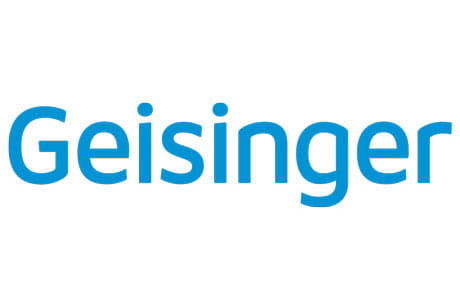Adults with rare genetic causes of mental health disorders more likely to have chronic illness
Geisinger study finds higher rates of diabetes, dementia and emergency room visits compared to control group
Rare genetic changes, known as pathogenic copy number variants (pCNVs), have large effects on brain function and are known underlying causes of autism spectrum disorder, intellectual disability, schizophrenia, epilepsy and other brain disorders. Researchers have found several dozen pCNVs associated with these conditions, but little research has been done on healthcare utilization in adults with these genetic changes.
The Geisinger research team compared a group of 928 adults who had one of these pCNVs to a control group from Geisinger’s MyCode Community Health Initiative who did not have a pCNV. The study found that adults with one of these genetic conditions were more likely than the control group to have a documented neurodevelopmental or psychiatric disorder, and had higher rates of diabetes, dementia and other chronic health conditions. Adults with a pCNV also recorded twice as many annual emergency room visits.
The results were published this month in Genetics in Medicine.
“These findings suggest that adults with pathogenic copy number variants have poorer health and require disproportionate healthcare resources,” said Brenda Finucane, M.S., professor at Geisinger’s Autism & Developmental Medicine Institute and lead author of the study. “Early genetic diagnosis paired with patient-centered interventions may help to anticipate these health conditions, improve outcomes and reduce the associated economic burden for these patients.”
About Geisinger
Geisinger is among the nation’s leading providers of value-based care, serving 1.2 million people in urban and rural communities across Pennsylvania. Founded in 1915 by philanthropist Abigail Geisinger, the non-profit system generates $10 billion in annual revenues across 134 care sites - including 10 hospital campuses, and Geisinger Health Plan, with 600,000 members in commercial and government plans. The Geisinger College of Health Sciences educates more than 5,000 medical professionals annually and conducts more than 1,400 clinical research studies. With 26,000 employees, including 1,600 employed physicians, Geisinger is among Pennsylvania’s largest employers with an estimated economic impact of $14 billion to the state’s economy. On March 31, 2024, Geisinger became the first member of Risant Health, a new nonprofit charitable organization created to expand and accelerate value-based care across the country. Learn more at geisinger.org or connect with us on Facebook, Instagram, LinkedIn and X.

For media inquiries:
Ashley Andyshak Hayes
Marketing Strategist
Marketing & Communications
570-271-8081
arandyshakhayes@geisinger.edu
